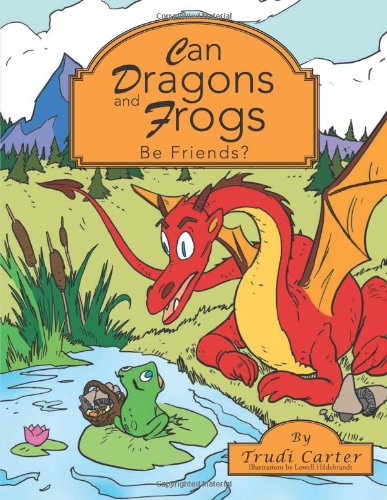An unidentified ‘glitch’ in the ability to read causes a lower IQ*.
What clues suggest an incorrect IQ?
1. A person is a terrific in a specific area such as music, drawing, or sports, yet has a low IQ.
2. Verbal ability is high. Good questions and answers and vocabulary indicate a high intelligence, but the IQ score came in low.
3. Outshining ability to solve problems, make decisions, apply common sense, however the IQ doesn’t match – it’s low.
Vignette #1
One first grade student ‘out-thought’ the reading/writing process. Her parents had had her tested verbally, and she was identified as a genius, the one in a 250,000 kind. So why were school test scores lower and reading a problem?
It was discovered that she each word she heard, she broke into syllables. For her, each syllable was a word. Obviously, her ‘syllable-thinking’ didn’t match the words on a page!
Vignette #2
Three children who were two years behind in reading, attended catch-up classes to improve reading skills. After three years of working at the first grade level, there was no progress.
In desperation, a volunteer reversed the process. They dictated their own sentences to practice reading.
Excited for the first time, they realized that reading was decoding someone’s thoughts and ideas that were spoken aloud. Their reading levels skyrocketed. They knew how to talk and think, now they knew reading was the spoken word.
Vignette #3
A sixth grader didn’t understand the underlying reading process. He was great at saying the words he saw, but didn’t go beyond the literal words. He matched words on test questions to find the answers from a paragraph. Implied answers he got wrong.
Taught to think about the words he was reading by creating visual images in his head and analyzing possible meanings, his participation at school zoomed up as did his test scores.
Vignette #4
The fourth grader had tested well in the lower grades and was placed in the academically gifted program. In fourth grade, her scores dropped drastically, and it was thought that there had been a mistake.
A simple eye test revealed ed that her eyes did not focus on the page together. One eye read a line, then the other eye took over often skipping down a line or two. Paragraphs made no sense whatsoever. With large print in the lower grades, the problem was self-corrected by rereading. In fourth grade, the print size shrunk considerably, and her eyes were missing information.
After few sessions with a ophthalmologist who grasped the problem and gave her eye exercises. and her eyes worked together. A confident reader emerged.
*IQ, or ‘intelligence quotient,’ tests then scores your level of thinking ability by comparing your score to others who took the same test.


